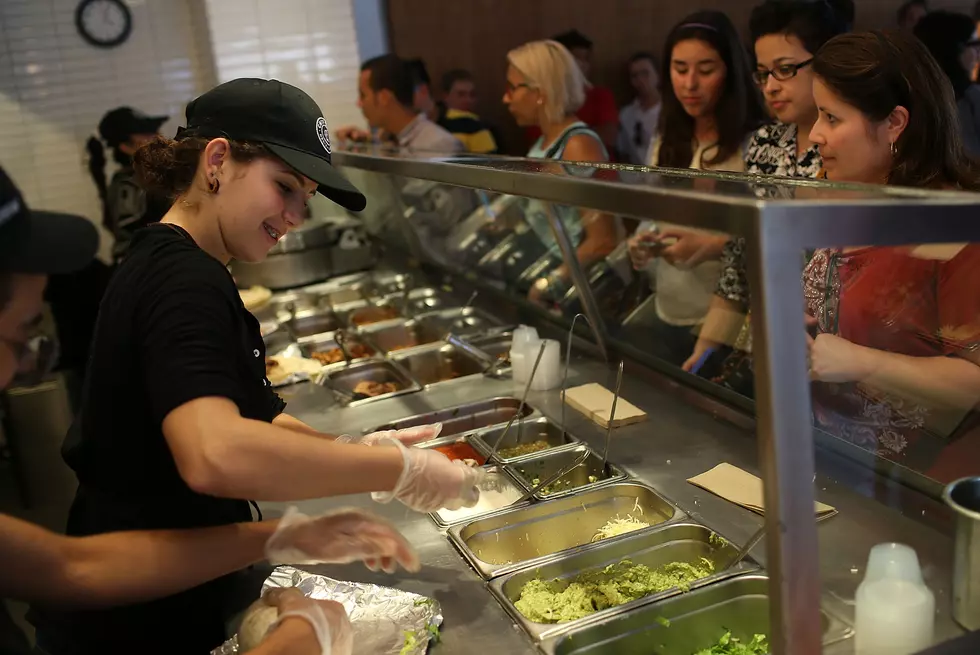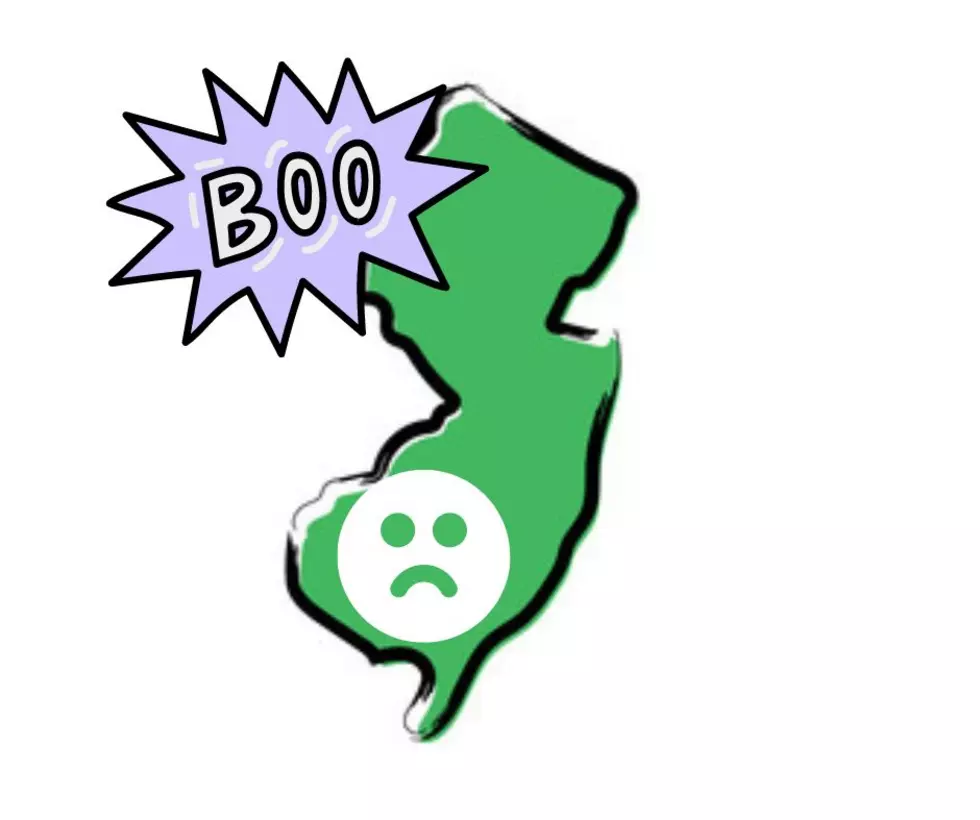
This Major Chain Restaurant Ordered to Pay Child Labor Law Fine in New Jersey
Working as a young adult has so many benefits.

You build a sense of responsibility, and you can grow a set of skills beyond going to school.
When I was given the opportunity to work in the industry that I love, and currently work in, I jumped all of it.
At 15, I was willing to work as many hours as needed but was met with restrictions. Not many people are working their “dream job” at a young age. At least, not in my industry anymore.
Many young adults in high school take advantage of these opportunities, like a summer job, to earn some extra cash, or, let's be honest, their parents just want them out of the house.
Most of these jobs range in all different types and skill sets. Many are in the retail and food service space.
Grocery stores, ice cream shops, and restaurants are just a few businesses that take on high school-aged workers.
For everyone's protection, employers have a set of rules and laws to follow when hiring a minor. You have heard of the child labor laws.
What are New Jersey's Child Labor Laws?
They are broken up into different categories. These include theatrical, agriculture, newspaper carrier, street trades, and general employment.
The most relaxed laws are set for theatrical and newspaper carriers.
For general employment, If you hire someone between the ages of 14 and 15, you have stricter rules to follow, according to the law, When school is in session, 3 hours per day and no more than 18 hours per week.
When school is out of session, as in summer vacation, 8 hours per day and 40 hours per week.
You would think a major entity like Chipotle would know this. According to Nation's Restaurant News, the favorite 'Mexcian Grill' had to $7.7 Million Dollars in New Jersey Fines for Child Labor Law Violations.
In a 2020 audit, [they] found more than 30,000 violations including instances of minors working past the 40-hour work week and not being given enough meal breaks.
Apparently, this is not the first time the chain violated these laws. They had to settle similar fines in multiple states, including New York.
50 Most Popular Chain Restaurants in America
Every NJ pizza joint Barstool's Dave Portnoy has reviewed
The 20 Dynamite New Jersey Diners That Are Too Tasty Not to Try
More From 92.7 WOBM









